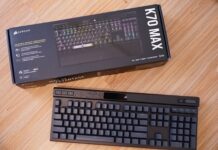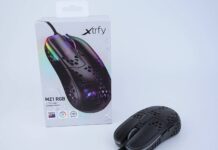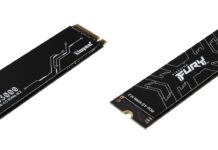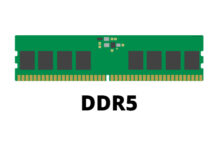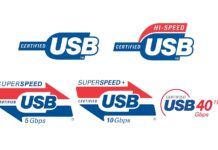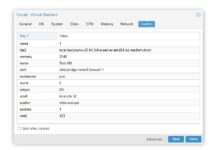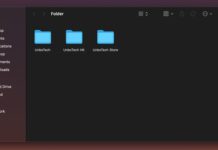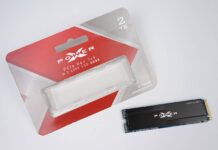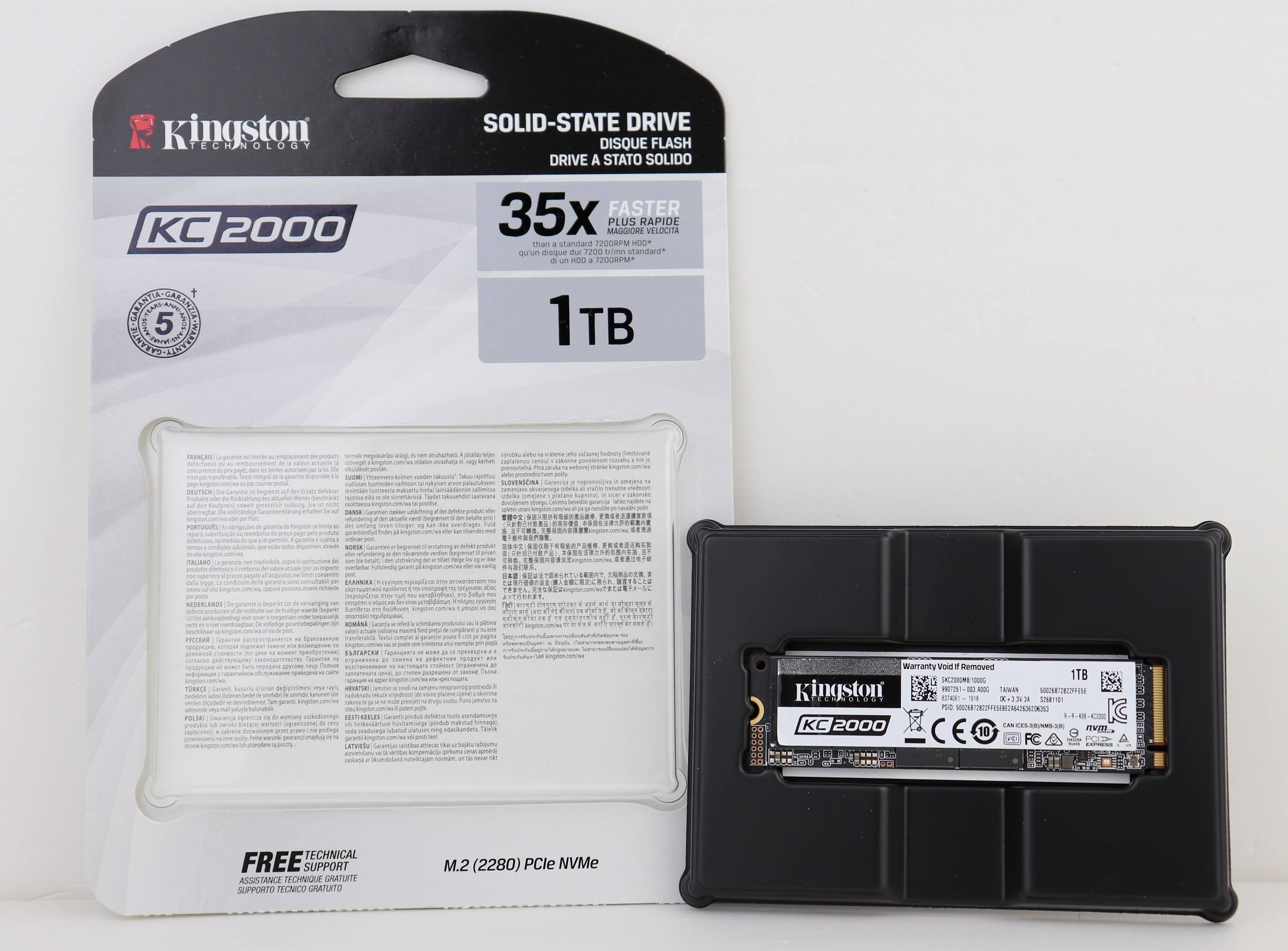
Kingston recently releases the KC2000 NVMe SSD, which was first introduced in CES 2019, to replace the older KC1000 as the high-end solid-state storage in the lineup. It is packed with the latest memory controller from Silicon Motion and NAND flash from Toshiba.
Specifications
[table id=238 /]
The Kingston KC2000 SSD is available only in M.2 2280 form factor. There are four capacities to choose from, from 250 GB to 2 TB.
The drive transfers data through a PCIe 3.0×4 interface. It is advertised to reach sequential read/write speeds of up to 3200 MB/s and 2200 MB/s. All models have a MTBF of 2 million hours and have endurance ratings from 150 TBW to 1200 TBW. The SSD is provided with a 5-year warranty.
Unboxing
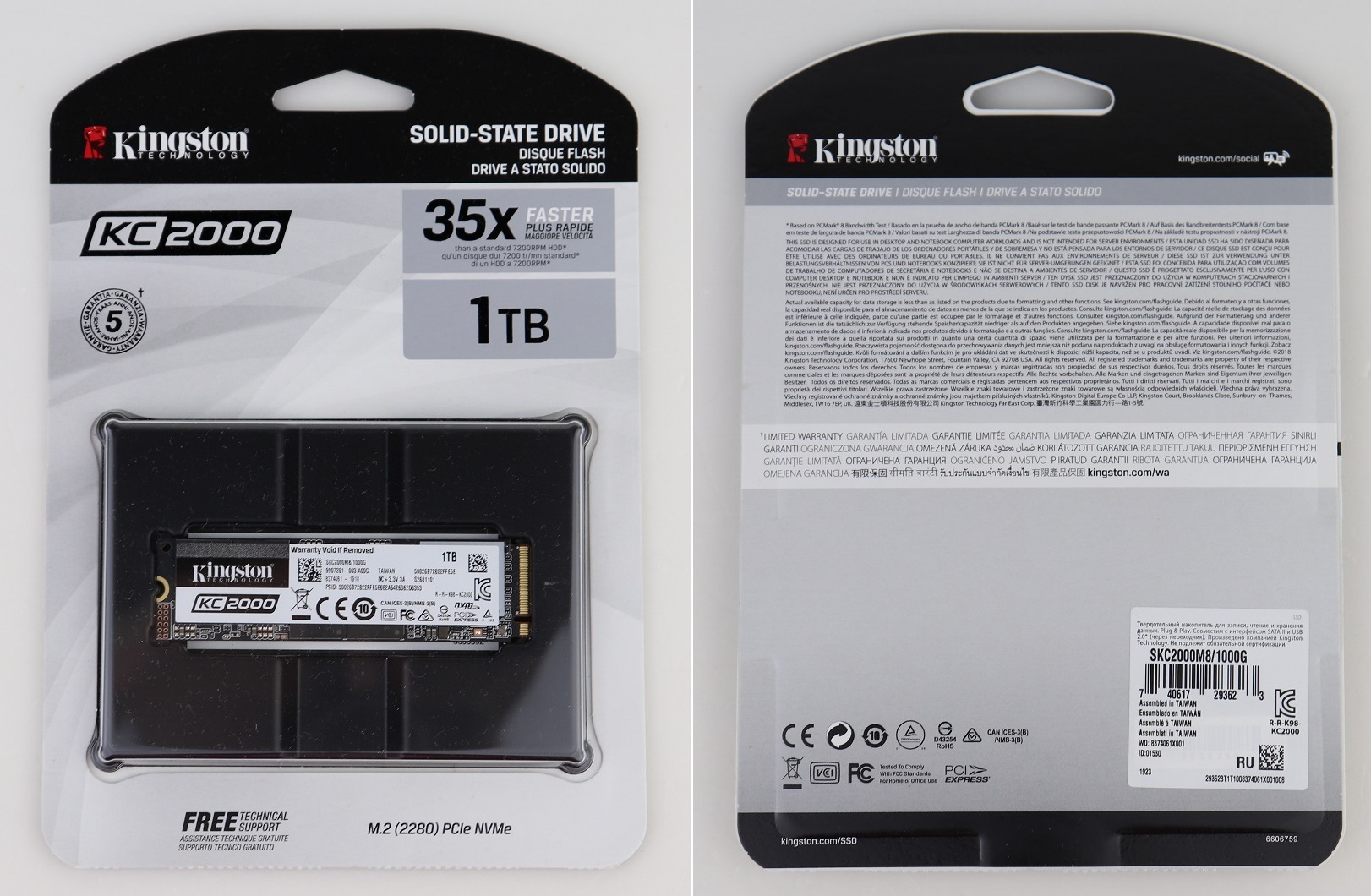
The packaging design of the KC2000 SSD is very similar to the UV500 series (its review here). The drive can be seen through the plastic window. You can find the model name, capacity and the 5-year warranty at the front. Not much are found on the back, except for the product sticker. The part number of our particular 1 TB unit is SKC2000M8/1000G.
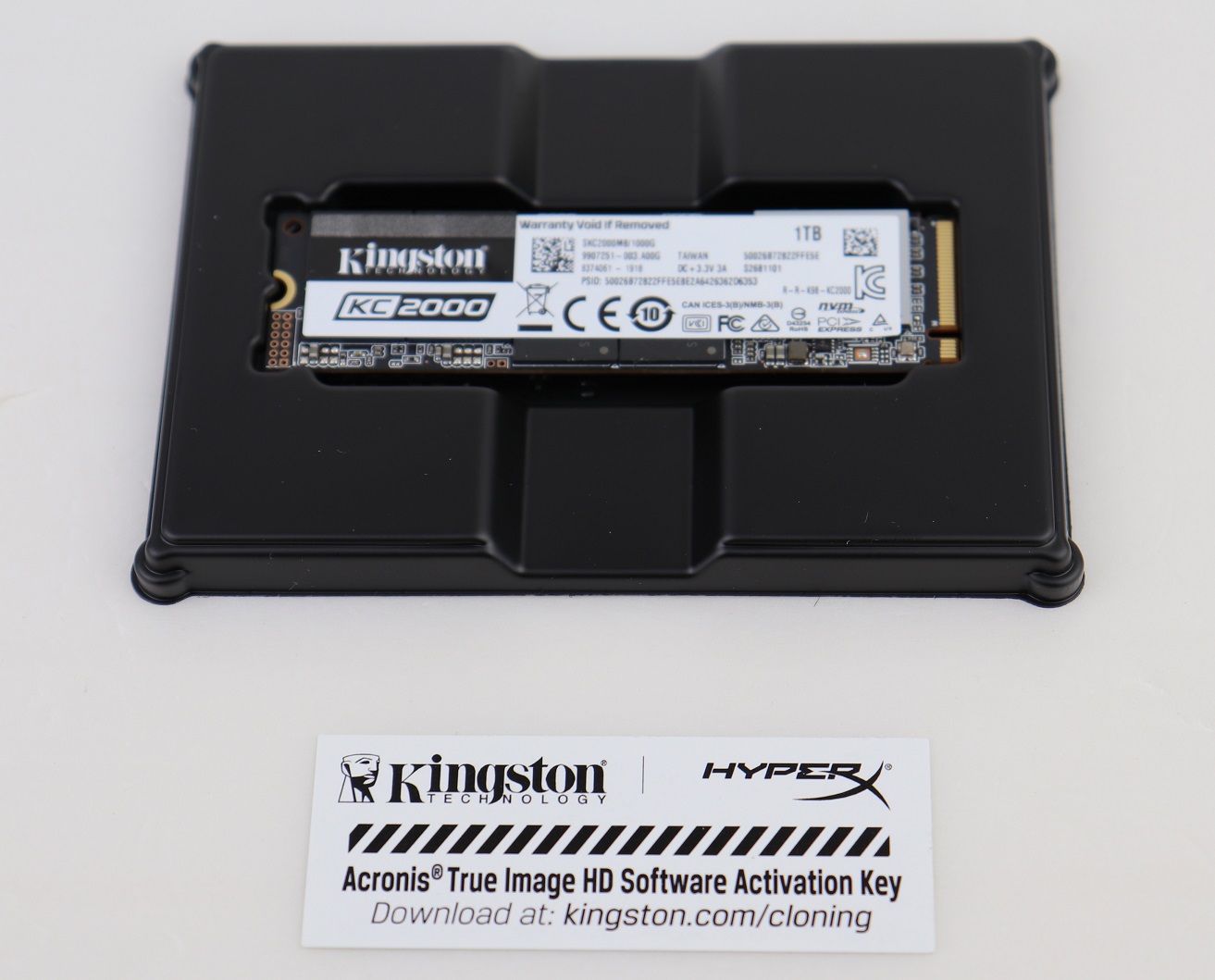
The KC2000 SSD is secured in the center of a black plastic tray. You get a set of activation key for the Acronis True Image HD software, which can be used to clone/backup your operating system and files.
Kingston KC2000 PCIe NVMe SSD
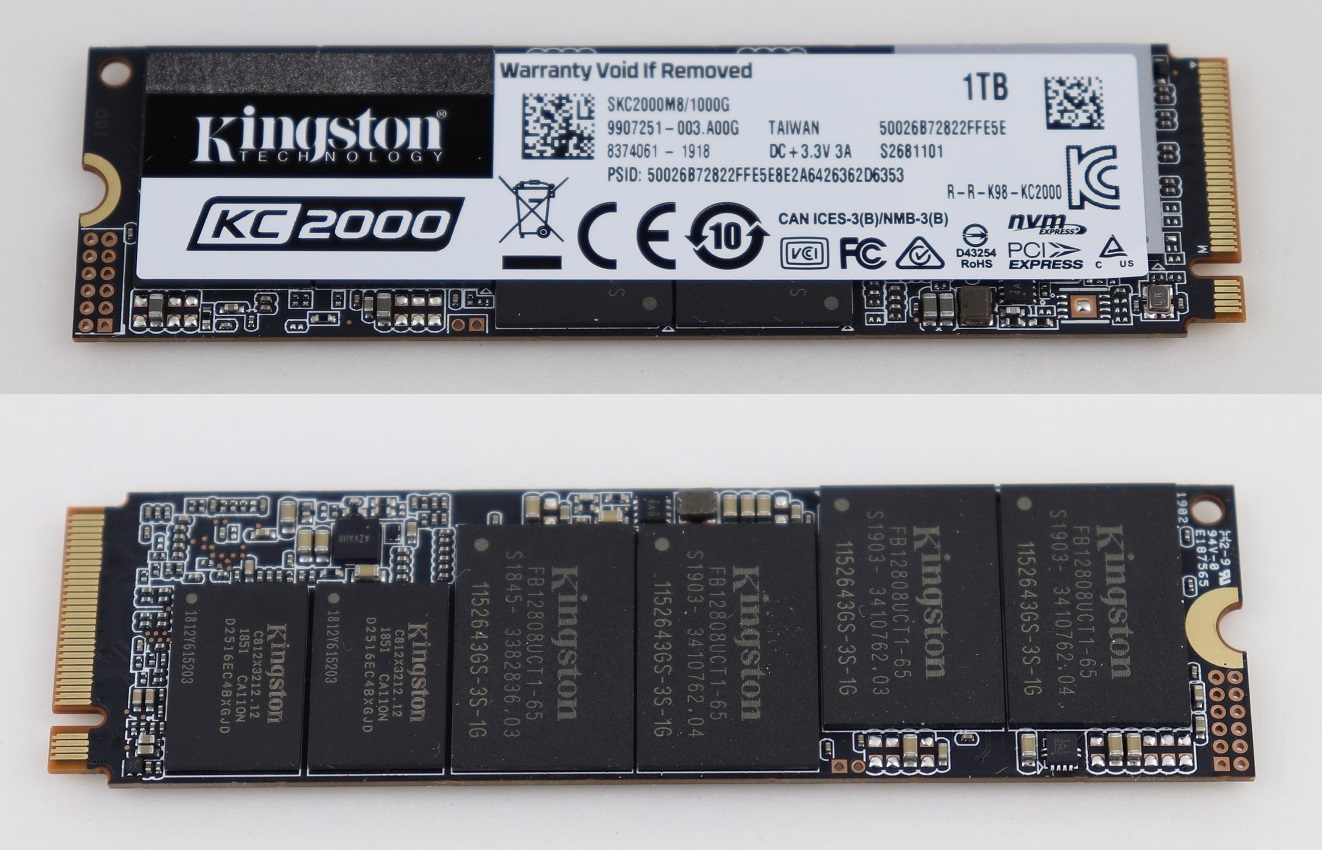
The KC2000 SSD does not come with any heatsink or enclosure. Both sides of the printed circuit board (PCB) are tightly packed with components. The sticker on the top contains all the related product information, such as capacity, model number and serial number.
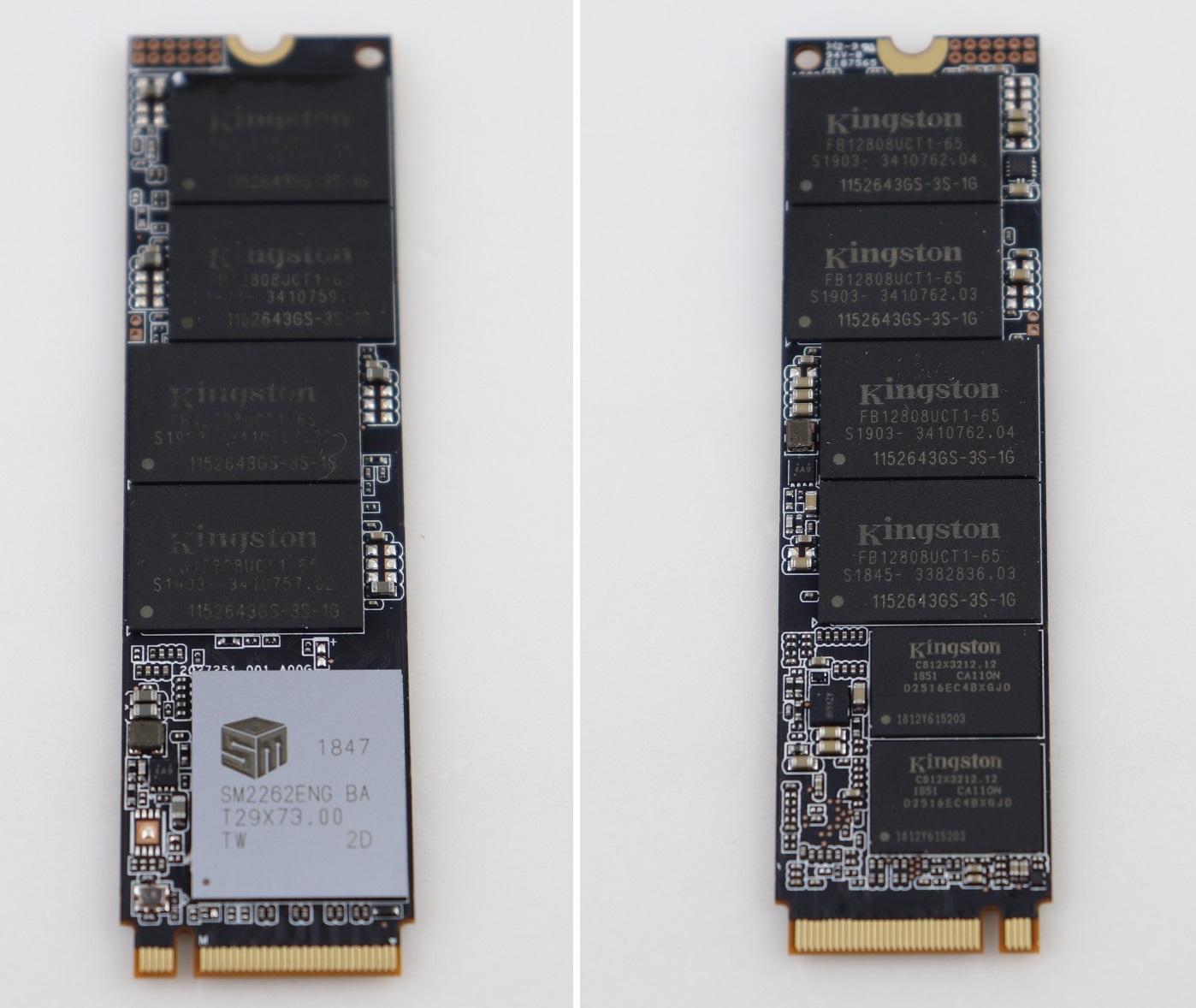
Removing the sticker reveals the brain of the drive. Unlike most PCIe 3.0×4 NVMe SSDs in the market, the KC2000 is equipped with the Silicon Motion SM2262EN 8-channel memory controller, instead of the Phison PS5012-E12. It is also one of the first SSDs to feature the 96-Layer 3D TLC NAND flash (BiCS4) from Toshiba. Most chips are directly packaged by Kingston, including the two DDR3L DRAM modules (D2516EC4BXGJD).
As with other recently released SSDs from Kingston, the KC2000 has 256-bit AES hardware-based encryption to provide end-to-end protection against unwanted access. It supports a wide variety of security standards and software, like Microsoft Windows eDrive and TCG Opal 2.0.
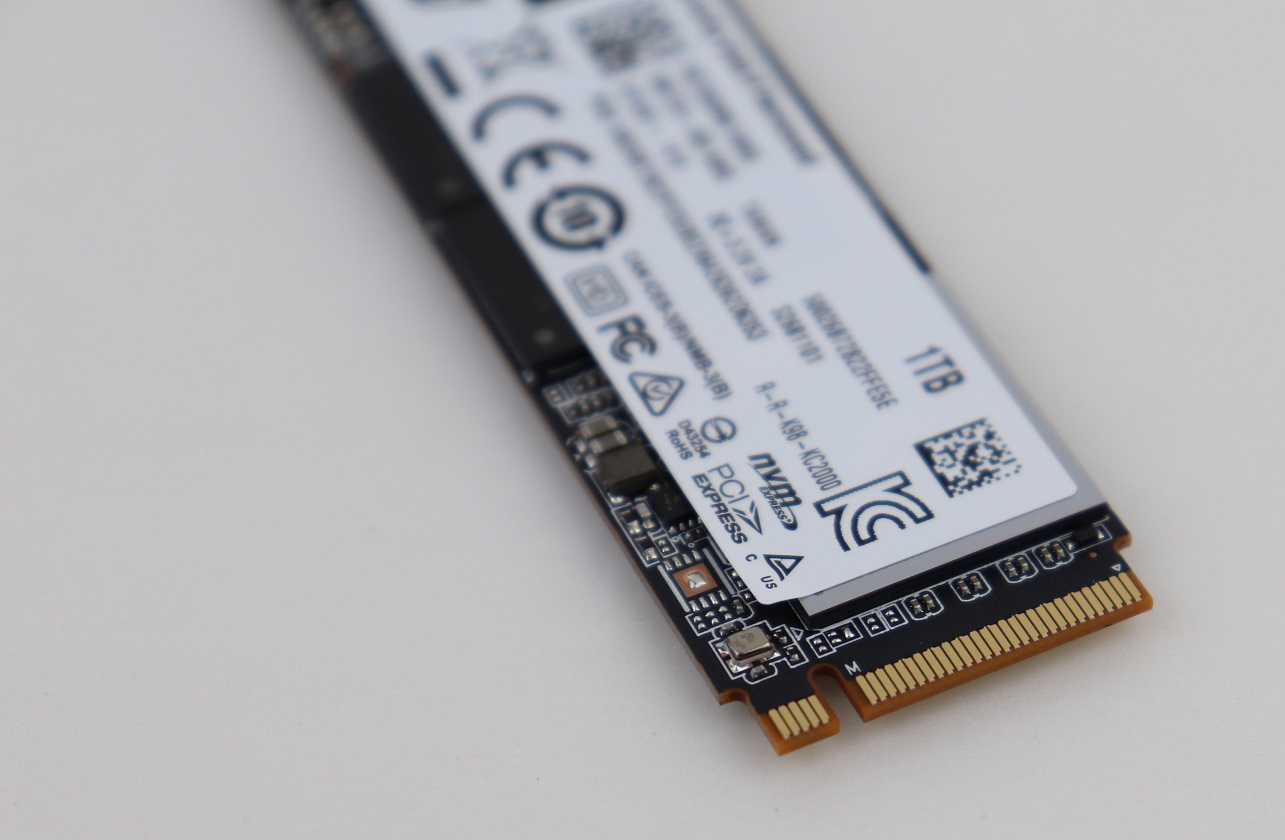
A M.2 connector (M key) is used to connect the SSD to the motherboard. The PCIe 3.0×4 interface can theoretically handle a maximum bandwidth of 32 GT/s or 3.94 GB/s.
Review
Testing Methodology
To test the performance of the solid-state drive, we use four well-established storage benchmarking software. They are CrystalDiskMark, ATTO Disk Benchmark, AS SSD Benchmark, as well as HD Tune Pro.
CrystalDiskMark can measure both sequential and random 4KB read/write speeds with a queue depth of 32. ATTO Disk Benchmark can test how the drive performs across different transfer block sizes, mostly in a sequential environment. AS SSD Benchmark can provide both normal read/write speed and the IOPS performance of the drive. HD Tune Pro can be used to simulate a large file transfer of up to 100 GB.
We also recorded the time to copy three files of 10 GB, 500 MB and 250 MB from a RAM disk to the SSD, to simulate a real-world situation.
- CPU: Intel Core i5-8400 @ 2.9 GHz (65W TDP)
- Motherboard: ASRock Z370 Killer SLI
- RAM: HyperX Predator RGB DDR4-3600 16 GB kit (its review here)
Performance
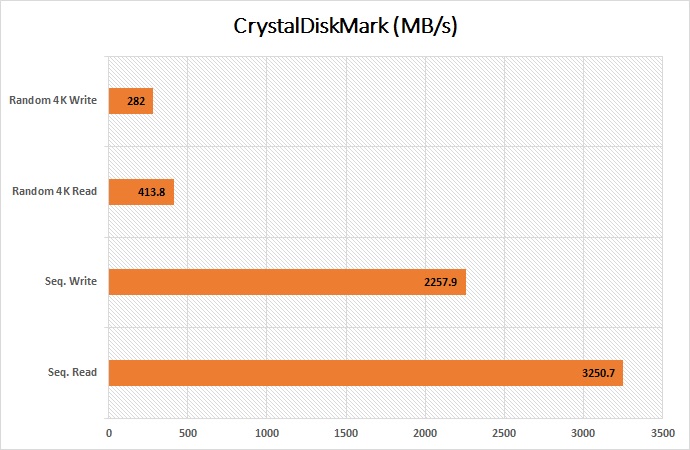
The KC2000 was able to reach the marketed sequential performance in CrystalDiskMark, maxing out at over 3250 MB/s in read and 2250 MB/s in write. It did reasonably in random 4K operations with queue depth at 32, dropping to around 410 MB/s and 280 MB/s. Standard SATA-based SSDs often sits at under 300 MB/s.
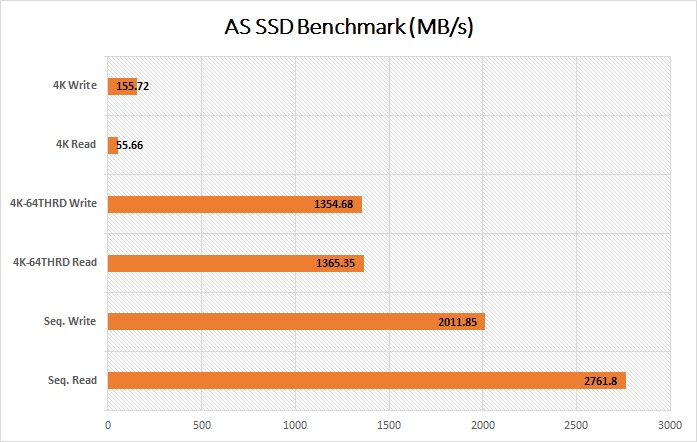 Overall numbers decreased marginally in AS SSD Benchmark. Sequential read/write speeds topped at 2760 MB/s and 2010 MB/s respectively. The random 4K performance improved to around 1350 MB/s with increased queue depth to 64 (4K-64THRD).
Overall numbers decreased marginally in AS SSD Benchmark. Sequential read/write speeds topped at 2760 MB/s and 2010 MB/s respectively. The random 4K performance improved to around 1350 MB/s with increased queue depth to 64 (4K-64THRD).
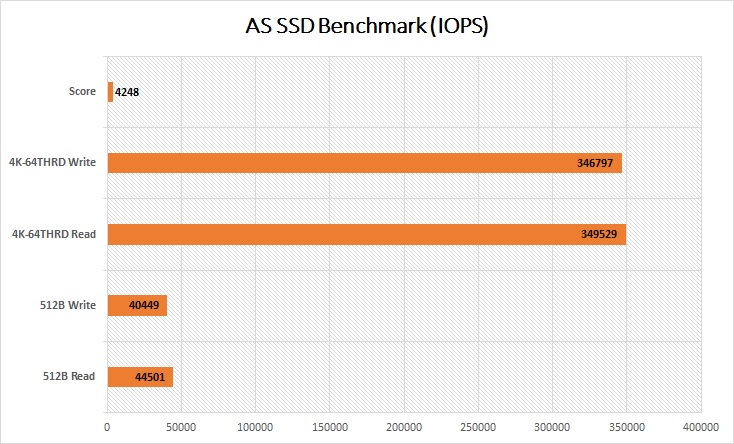
IOPS number represents how well a drive handles random input and output operations. The KC2000 SSD got a score of 4248. It achieved 349529 IOPS in read and 346797 IOPS in write.
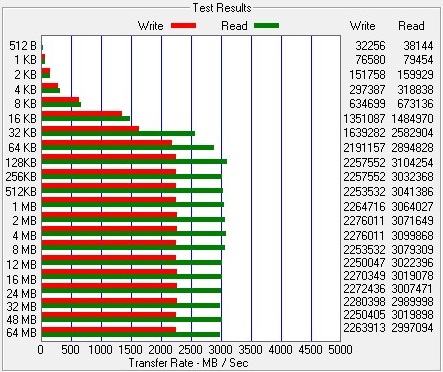
The read/write speeds started to stabilize in ATTO Disk Benchmark, when the file sizes were larger than 128 KB. It could maintain over 3000 MB/s in read and 2200 MB/s in write.
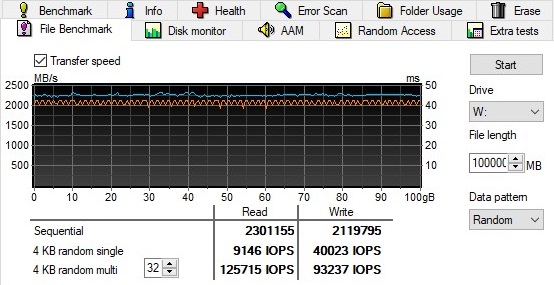
The KC2000 SSD did extremely well in HD Tune Pro, simulating a 100 GB file transfer. Normally, a solid-state drive cannot sustain the maximum write speed over the whole period of transmission, after the internal SLC and DRAM cache was filled. Surprisingly, the KC2000 managed to stay fast, hovering around 2000 MB/s in write.
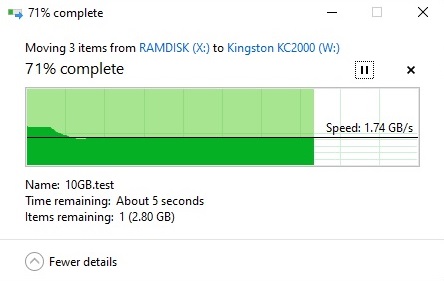
We transferred three files, sized around 15 GB in total, from a RAM disk to the KC2000 SSD in our real-world test. It took 6.16 seconds to complete. Speed dropped to around 1.7 GB/s. Data was still written to the internal SLC and DRAM cache.
Comparison
[visualizer id=”2840″]
[visualizer id=”2842″]
Compared to other NVMe SSDs we tested, the KC2000 was a certainly fast drive, but lagged behind in raw numbers than the Genesis Xtreme (its review here). The combination of the SMI SM2262EN controller and 96-Layer 3D NAND flash matched the performance in sequential read with the PS5012-E12, but was 700 MB/s to 800 MB/s slower in write. We saw similar issues in random 4K operations as well.
[visualizer id=”4796″]
What the KC2000 shines may be its ability to write large files at greater speeds for much longer than other drives. It was 41.2% better than the Genesis Xtreme, reaching over 2100 MB/s. It would save a huge amount of time, if you need to constantly transfer big files at over 50 GB, like videos and games data.
Conclusion

The Kingston KC2000 SSD was the best performer in most of our tests. It did decently in sequential speeds, but fall behind other NVMe SSDs with the Phison PS5012-E12 controller. Writing small files in burst is not the strong suit of the KC2000, but large file transfer. It was able to sustain over 2000 MB/s with little fluctuations, more than 40% better than the Genesis Xtreme.
The addition of a series of security features, e.g TCG Opal 2.0 and Windows eDrive support, makes the KC2000 suitable for more data-critical applications and business use. Combined with the incredible large files write speed, it would be a great option for professionals, such as video editors.
The KC2000 is provided with a 5-year warranty, and our 1 TB model costs around $230 USD to $250 USD at the moment of this review. Compared to high-end NVMe SSDs in the market, they are priced around $160 USD to $190 USD, such as the Samsung 970 EVO and Western Digital WD Black SN750. The KC2000 is not particularly affordable in this aspect. However, if you can utilize the solid write performance/potential for large files, the KC2000 is still a reliable and worthwhile choice.
You can purchase the SSD from your local/online resellers or the links below from Amazon and Newegg.
- Amazon US: Kingston KC2000 PCIe NVMe SSD
- Newegg US: Kingston KC2000 PCIe NVMe SSD
Thanks Kingston for providing us the SSD for review. (Review Sample)
Feel free to leave comments below, if you have any opinion about this website. Share the website around if you enjoy reading it. Subscribe to our Newsletter or follow our Twitter, Facebook and Instagram.
Support this website simply by shopping in Amazon and Newegg. It will give us small kickbacks, if you use the above affiliate links to make any purchases, which will help us grow.


